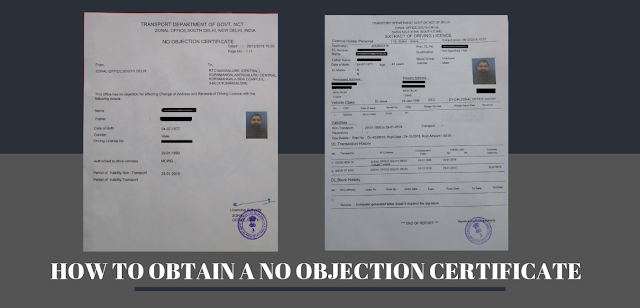Negotiation Skills
Whether you’re buying or selling, whether it’s about money, time, commitment,, or cooperation, being skilled at negotiating can be crucial to your success.
Effective negotiation helps you to resolve situations where, what you want, conflicts with what someone else wants.
Are you a Negotiator? I think Everyone is a negotiator. It is an everyday occurrence. Life is an endless series of interactions that require negotiation. You are confronted daily with countless situations in which you are called upon to negotiate, to reach an agreement, or to resolve a conflict or difference of opinion (e.g., negotiate bedtime with children; holiday or vacation destination with family and/or friends). The issue is not whether you negotiate, but rather how effective you are. Negotiation is a skill that can be improved with practice. Although everyone negotiates informally all the time without even being aware of it, formal negotiation is a skill that can be learned through experience and practice. People who negotiate a lot tend to be much more skilled at it than people who have not participated in many formal negotiations. Experienced people are more likely to know what to say when, when to make concessions, when not to, what to concede, what not to, and, in general, how to manipulate the situation to their own advantage. For this reason, negotiation tends to favor the experienced party.
According to me there are four basic skills for becoming an effective negotiator.
1. Understanding Your-self: Probably the most important skill for an effective negotiator is a clear understanding of oneself. Some of the questions that we should ask ourself is: am I a good listener, where am I psychologically or emotionally vulnerable? What are my needs during negotiations? Answers to these questions will help you to be a better during negotiations.
2. Defining Outcomes: A key skill for effective negotiation is understanding your own “bottom line” i.e the least acceptable outcome for you. Determine your best outcome and your least acceptable outcome.
3. Understanding and Defining Positions: A key technique in negotiation is, understanding the difference between positions and interests, thus going beyond position to determine the underlying interests. A position is an option that one party is committed to as a solution to the conflict. An interest is the concerns, needs, and/or desires underlying the conflict, i.e., why the conflict is being raised. So, as much as possible identify the positions and interests of both parties of the conflict.
4. Framing and Reframing: Many conflicts result from lack of clarity around the issue. An important skill is being able to frame or state issues so all can understand and agree to work together to find a common solution. Framing is a skill that needs practice. Often when trying to frame an issue with accuracy as people see it and without bias, several attempts are made until parties agree with the description. Remember always frame using neutral language, use objective and blame free language.
Negotiation is a careful exploration of your position and the other person's position, with the goal of finding a mutually acceptable compromise that gives you both as much of what you want as possible.




Comments